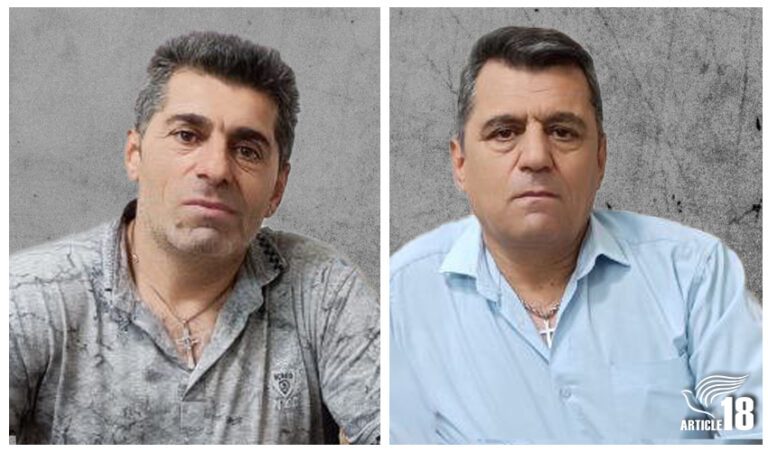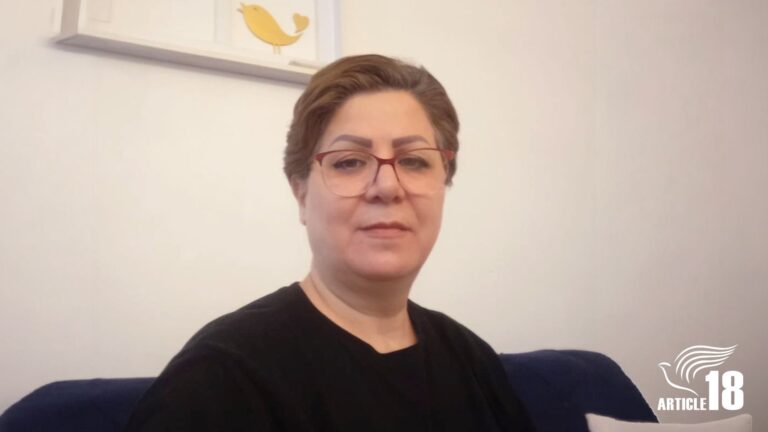The Third Committee of the United Nations General Assembly has passed a resolution expressing “serious concern” about “increasing” restrictions on the right to freedom of religion or belief in Iran.
The resolution, passed yesterday by 79 votes for to 28 against, with 63 abstentions, references “increased harassment, intimidation, persecution, arbitrary arrest and detention of, and incitement to hatred that can lead to violence against, persons belonging to recognized and unrecognized religious minorities, including Christians (particularly converts from Islam)”.
It also expresses concern about “restrictions on the establishment of places of worship”, and calls on Iran to “eliminate, in law and in practice, all forms of discrimination on the basis of thought, conscience, religion or belief”.
The resolution calls on Iran to “cease monitoring individuals on account of their religious identity, to release all religious practitioners imprisoned for their membership in or activities on behalf of a minority religious group … and ensure that everyone has the right to freedom of thought, conscience and religion or belief, including the freedom to have, to change or to adopt a religion or belief of their choice, in accordance with its obligations under the International Covenant on Civil and Political Rights”.
It also says the continued enforcement of Article 500, which has been used to convict many Christians in recent years on trumped-up “propaganda” charges, has “significantly escalated discrimination and violence” against religious minorities.
Who said what?

The resolution was presented by the representative of Canada, who noted that religious minorities in Iran “continue to experience entrenched discrimination, violence and persecution … reflect[ing] a deliberate and persistent pattern of disregard for human rights and the rule of law”.
The targeting of religious minorities was also highlighted by the representatives of Denmark (on behalf of the European Union), Australia, Brazil, the United States and United Kingdom.
The UK’s representative highlighted the “repression of freedom of religion or belief during and since the 12-day war [with Israel]”, noting that “state-linked media intensified scapegoating and incitement towards religious minorities, in particular the Bahais and Christians”.
“We stand with these communities right to practice their faiths freely and without state interference,” he said.
Article18 has reported on the increase of hate speech against Christians since the June conflict, while the UN’s Special Rapporteur on the Situation of Human Rights in Iran, Mai Sato, also highlighted this in her latest report.
Citing Article18 as the source, Dr Sato noted that “the authorities and State media portrayed evangelical Christians as collaborators with Israel and the West, claiming that they celebrated the Israeli attacks and served as agents of ‘global Zionism’”.
“At least 96 Christians in 24 cities [have been] arrested for religious activities [so far] in 2025,” she added, with “56 arrests … between 24 June and 31 July.”
The representatives of Iran, China, Venezuela, Belarus, Pakistan, Cuba, North Korea, and Nicaragua criticised the resolution as “politically motivated”.




0 Comments